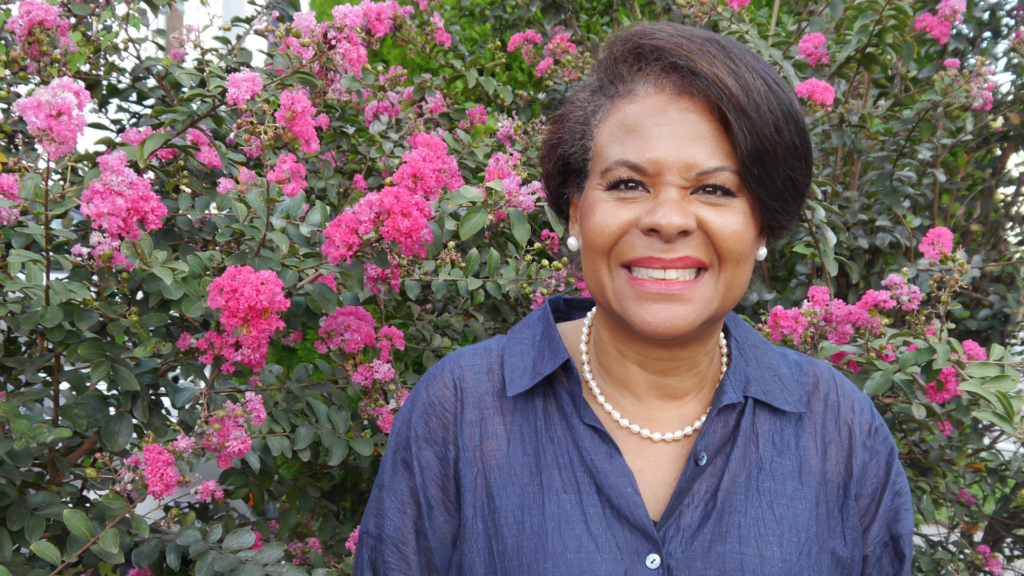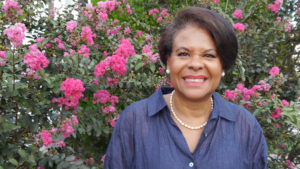Celebrating Diversity Means Recognizing the Value in Our Differences
 Dear friends,
Dear friends,
Disability Pride Month is celebrated every July and is an opportunity to honor the history, achievements, experiences and struggles of the disability community.[1] Even though this month comes with many joyous celebrations, we cannot negate the unfortunate reality that both children with disabilities and children of parents with disabilities are overrepresented in the child welfare system. Texas CASA believes that the better we understand and address these issues, the more equipped we are to effectively serve children and families.
Please take a moment to explore some of the harsh facts about children and families with disabilities in our society:
- Overrepresentation: Children and families with disabilities are both overrepresented in the child welfare system. Studies estimate that up to 47% of children involved in the child welfare system possess some type of disability.[2] Parents with disabilities are at a higher risk of being referred to child welfare services and are more likely to lose their parental rights. Individuals with disabilities who are seeking to foster or adopt a child also encounter significant barriers.
- Maltreatment: Studies show that , children with disabilities are at least three times more likely to be abused or neglected than their peers without disabilities. Children with disabilities are also more likely to be seriously injured or harmed by maltreatment.
- Placement outcomes: Compared to their counterparts, children with disabilities are less likely to be reunited with family, placed with another relative or adopted. They are often placed in residential treatment centers, nursing homes and other institutions.[3]
- Transitioning out: Data suggests that of youth transitioning out of foster care in the transitional-age population, 52.7% have disabilities. These youth are less likely to finish high school and attain higher education. They also face additional barriers to employment.[4]
Being mindful of our own influences can help us recognize hidden biases or prejudiced attitudes we may not even know we have. Our challenge is to become aware of our unconscious thoughts so we can take steps to address them. One of the common obstacles to equity as identified by the Center for Disease Control and Prevention (CDC) is attitudinal barriers. Negative attitudes are the most basic type of barrier for people with disabilities and contribute to other barriers. The stigma around disability and lack of understanding of disabilities can lead to unintended discrimination, like negative consequences for a child with PTSD expected to function at school or home the same as someone without that diagnosis. Other common obstacles include communication barriers, physical barriers, social system barriers and transportation barriers.
So what can CASA advocates do to remove barriers and ignite positive change? CASA advocates can be essential in removing barriers for children and families with disabilities in many different ways. For example, CASA advocates can advocate for accessible design in parking, ramps and restrooms, as well as access to assistive technology. Another easy step toward positive change is to use respectful, accurate language when discussing people with disabilities. Offensive language includes terms such as retarded, crippled, or crazy. Terms like differently-abled, handicap-able or “special” are often considered euphemisms and condescending. Explore the following guidelines compiled by the ADA National Network:
- Use People-first Language: In general, refer to the person first, before the disability: Use “a person with a disability rather than a “disabled person.” Describe what condition a person has rather than asserting what a person is.
- Emphasize Abilities, Not Limitations: Choose language that emphasizes what people CAN DO instead of what they can’t do. For example, don’t use “wheelchair-bound”, but instead use “person who uses a wheelchair”.
- Use Neutral Language: Do not use language that portrays a person with a disability as lacking, or victimized or defective, such as “suffers from cerebral palsy”.
- Avoid Negative Stereotypes: Do not use words that imply negative stereotypes about people with disabilities even when discussing people without disabilities, such as saying someone is a “normal, able-bodied person”.
Celebrating diversity means recognizing the value in our differences, including the myriad of ways of thinking, sensing and moving through this world. As a devoted child welfare advocate, I ask you to recognize the many facets of each person, not just the disability. Try to find ways you can help knock down barriers that exclude people with disabilities from participating or succeeding and be aware of invisible disabilities which may not be initially apparent. Lastly, I encourage those in the CASA network to advocate for appropriate support so every child, youth and family has an equitable opportunity to be the best version of themself.
Warmly,

Here are a few additional resources to check out:
- Checkout the CASA ON THE GO podcast episode, “Advocating for Youth with Disabilities.”
- Disability Advocacy by Diane Smith Howard as part of the 2022 Distinguished Speaker Series
- SAFE Disability Services
- Texas CASA’s in-depth Q&A with Andrea Bright-Fontana, an American Sign Language (ASL) interpreter and adoptive parent of Deaf children, about Deaf and hard-of-hearing children in foster care.
References
[1] https://thearc.org/blog/why-and-how-to-celebrate-disability-pride-month/#:~:text=Disability%20Pride%20Month%20happens%20every,Disability%20Pride%20Parade%20in%202004.
[2] https://texascasa.org/wp-content/uploads/2023/06/Youth_with_Disabilities_in_the_United_St_2016.pdf
[3] https://texascasa.org/wp-content/uploads/2023/06/Youth_with_Disabilities_in_the_United_St_2016.pdf
[4] https://texascasa.org/wp-content/uploads/2023/06/Youth_with_Disabilities_in_the_United_St_2016.pdf


